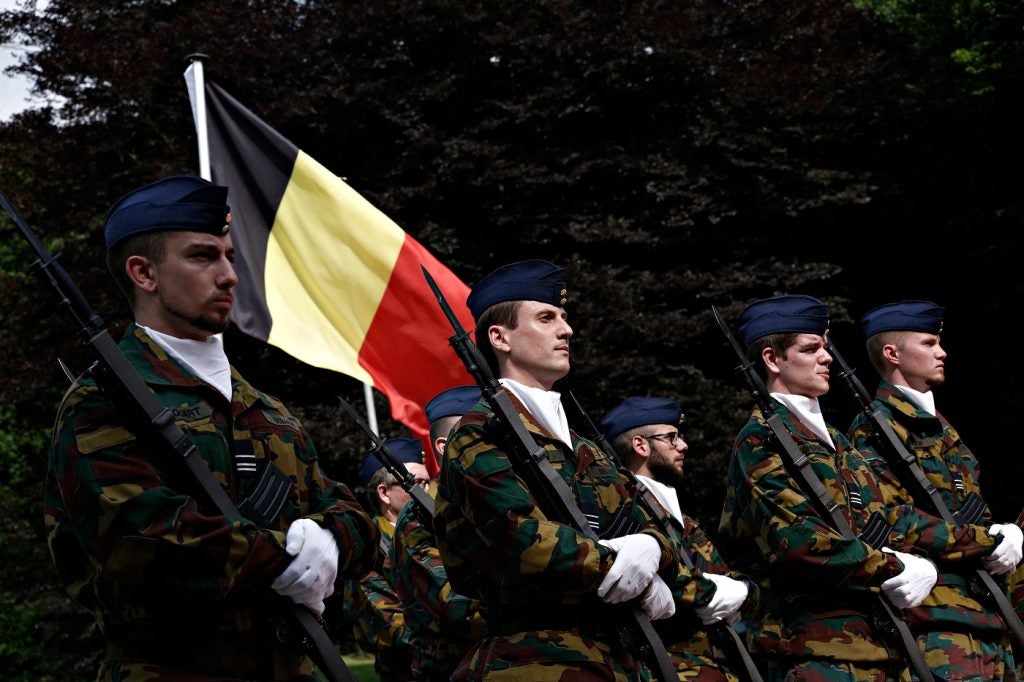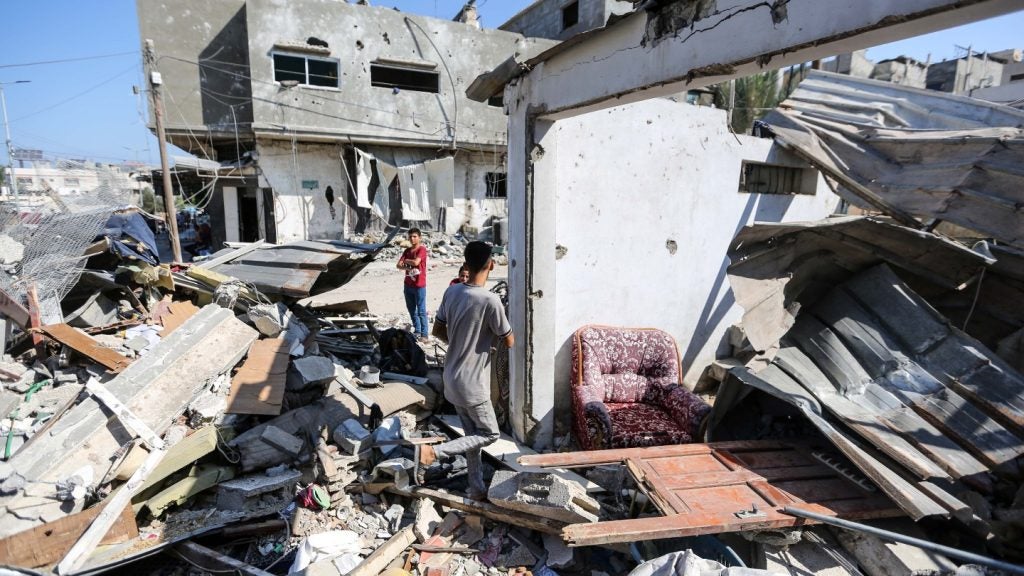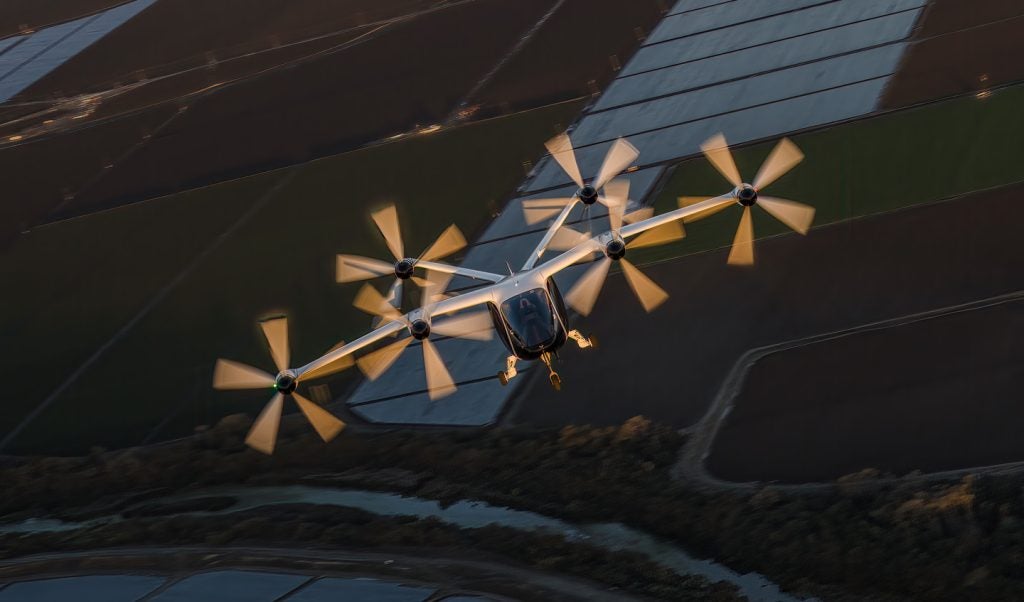Belgium is on the path to a defence upgrade, focusing on its Army, Navy, and Air Force, with the country's defence budget set to exceed $8.6bn (€8.14bn) by 2028, according to GlobalData's Belgium Defense Market 2023–2028 report.
Belgium is committed to modernisation, achieving Nato targets, and forming strategic alliances, all within the economic and social backdrop that underpins its defence strategy.
Belgium's commitment to modernising its defence capabilities
Belgium, a nation known for its strategic importance in western Europe, is undergoing a transformative phase in its defence capabilities, fuelled by increased military expenditure. The country's defence budget has grown from $4.8bn in 2019 to $7.1bn in 2023.
GlobalData's Belgium Defense Market 2023–2028 report highlights that this shift can be attributed to a commitment to modernisation and pressure to meet Nato targets.
The Belgian Government has allocated an additional $10.8bn by 2030, a move aimed at bolstering acquisition capacity while fulfilling existing spending obligations.
The Army, in particular, will benefit from this increased funding, facilitating the modernisation and acquisition of new equipment including armoured vehicles and artillery.
While the historic period saw a 10.4% compound annual growth rate (CAGR) in defence spending, the forecast period anticipates a slower growth rate of 4.3%. Despite this deceleration, Belgium's defence budget is set to surpass $8.6bn by 2028.
Modernisation plans for the Army, Navy, and Air Force
Several key drivers underpin Belgium's defence strategy. Modernisation is at the core, with the Belgian Government's Strategic Defense Plan, approved in 2015, emphasising the need to increase defence spending to achieve a budget comprising 2% of the country's gross domestic product (GDP).
This increased funding is allocated to modernise various military branches including the Army's armoured vehicles, artillery, transport helicopters, the Navy's new frigates and mine countermeasure ships, and the Air Force's acquisition of F-35A fighters.
Nato targets and missions play a role in Belgium's defence commitment. In response to the conflict in Ukraine, Belgium has pledged to boost its defence spending, aligning it more closely with Nato objectives.
Belgium's support for Ukraine is evident in its recent announcement of military aid worth $98.85m. This aid package includes the latest generation of SCAR assault rifles, MINIMI light machine guns, Iveco LMV Lynx vehicles and Volvo trucks. This marks the largest single military delivery to another country, highlighting Belgium's commitment to international security.
Belgium's defence budget as a percentage of GDP has been historically among the lowest in Europe. However, with it forecast to reach 1.4% of GDP by 2030, Belgium is gradually approaching Nato targets. Defence spending per capita is rising, reflecting a commitment to increased expenditure.
The context shaping Belgium's defence strategy
Economically, Belgium is a highly developed nation with a robust domestic defence industry. Despite recent challenges, the country plays a vital role in Europe's economy. However, it is essential to note that Belgium faces specific social challenges, particularly in combatting drug trafficking.
The country's central European location has made it a prime destination for drug traffickers, with its extensive port facilities serving as key hubs for drug distribution.
Belgium's defence modernisation is a multifaceted effort driven by increased spending, international cooperation and a dedication to meeting Nato targets. The nation's unique position in Europe, its commitment to strategic alliances and its evolving military doctrine make it a key player in the continent's security landscape.
As Belgium's defence budget grows, its role in international security will undoubtedly become more prominent.











